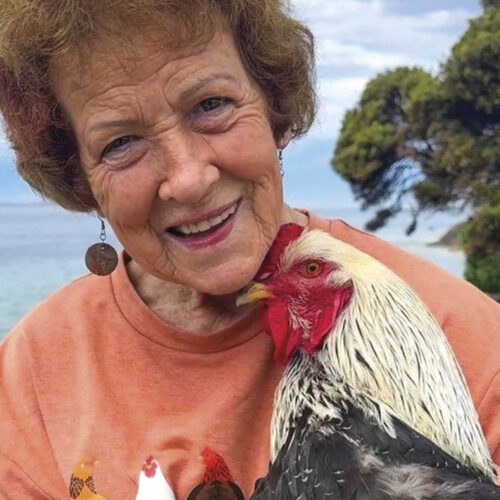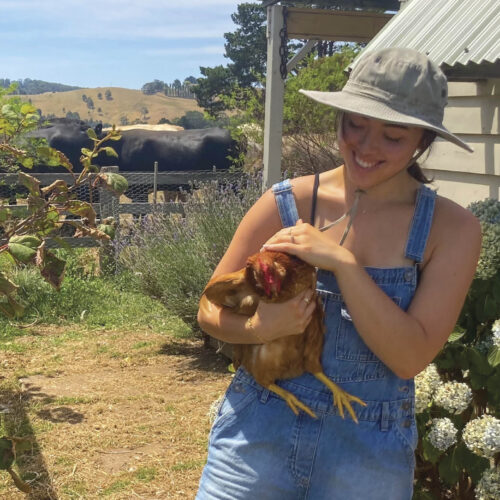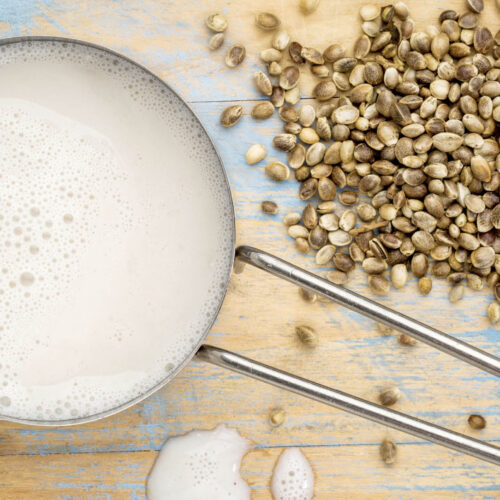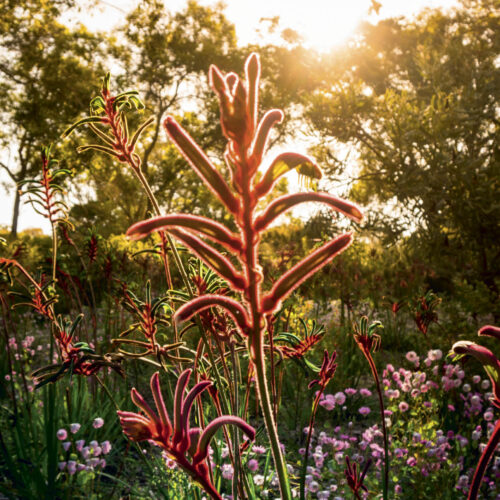New seed security threat
2018-03-19T06:16:51+11:00
A review of the import of brassica seed is a threat to small farmers, seed suppliers and our nation's food sovereignty, says Justin Russell.
Food sovereignty is one of those issues that sit just under the surface of popular consciousness. This might not be true in developing nations, but in Australia, where the vast majority of people are well fed on reasonably cheap and widely available food, the idea that there could ever come a day of fair dinkum hunger is generally swept under the rug of fantasy.
This belies the fact that the threats to food sovereignty are real, multiple and in some cases, come from the least likely source.
It came to my attention late last week that the Australian Government is seeking to restrict the import of brassica seed into the country. The Department of Agriculture and Water Resources (DAWR) claims that the proposed restriction is needed to prevent the incursion of two brassica-specific strains of the fungal diseases anthracnose and fusarium wilt. DAWR suggests that all imported brassica seed must be treated with a systemic fungicide before it is released for sale to growers, and if the treatment is applied overseas, the shipment must be accompanied by a (costly) phytosanitary certificate.
On the surface, tight biosecurity like this is a good idea. No grower wants to see their crop devastated by disease. But scratch a little deeper, and you soon realise how flawed, and favourable to the big multinational seed companies, such a decision would prove to be.
For one, the proposed restriction has the potential to impact small scale organic growers to such an extent that the viability of their businesses is threatened. It is commonly accepted among growers that customers want a variety of produce; they want to pay competitive prices for it and ideally, they want produce that’s free from toxic chemicals. Treated seed will be more expensive, fewer varieties will be available because of the extra hassle in getting it into the country (hybrids and GM seed will become more prominent, heirlooms less so), and treated seed is treated seed – it’s contaminated with a toxic fungicide.
For organic growers, the mandatory fungicide decision would cause chaos. The current National Standard for Organic and Bio-Dynamic Produce states that certified growers must use certified organic seed. Fair enough, right, and currently doable thanks to a small number of certified organic seed merchants. The standard also states that if a certified organic grower wants to use uncertified seed, they must prove to their certifying body that certified organic seed is commercially unavailable. If they’re lucky, the certifying body may grant a special dispensation for that particular variety. If the grower wants to use treated seed because untreated alternatives are not available, they must get written approval by demonstrating that the seed isn’t treated with a chemical prohibited under the standard and that the chemical is unlikely to contaminate soil. If the seed is treated with a chemical prohibited under the standard, their request will be flatly denied.
This extra rigmarole is a tough ask for small-scale growers already overwhelmed with paperwork and paying hefty fees to maintain their organic certification. Potentially, many organic growers could drop their certification while others might simply drop out of farming altogether, deeming the whole exercise a bridge too far.
The group with the most to lose is small, family-owned seed merchants. Many people don’t realise that though we have a reasonable number of businesses in Australia (I can think of around a dozen) selling heirloom, open-pollinated and occasionally hybrid seed to small farmers and gardeners, nearly all the seed that they sell – around 98 per cent – is imported from overseas seed growers. Very little seed is actually grown in Australia. This means seed is widely available at competitive prices, but leaves the nation’s seed industry incredibly vulnerable to any disruption in supply from overseas. Slap a restriction on imports like mandatory fungicide treatment and organic seed suppliers immediately go to the wall. Others will have to scramble to find local seed from our miniscule seed-grower network, a task easier said than done.
This all flies in the face of the International Treaty on Plant Genetic Resources for Food and Agriculture, a legally binding agreement that guarantees businesses and individuals the right to choose pesticide-free seed and access the widest range of crop varieties. Australia has an obligation to honour this treaty, which ultimately, is designed to conserve and sustain the use of plant genetic material for the benefit of all.
This last point is perhaps the most significant for small-scale farmers and seed suppliers. Heirloom and open-pollinated seed is a common treasury, owned by all of humanity, for the benefit of all. With DAWR’s proposal though, the players that stand to benefit the most are the Big Ag multinationals, especially, those whose business is in both pesticides and seed. GM and patented hybrid seed (not commonly owned heirlooms) is their preferred means for “feeding the world”. The government’s proposal reeks of their influence, and I believe, should be opposed.

.jpg)




